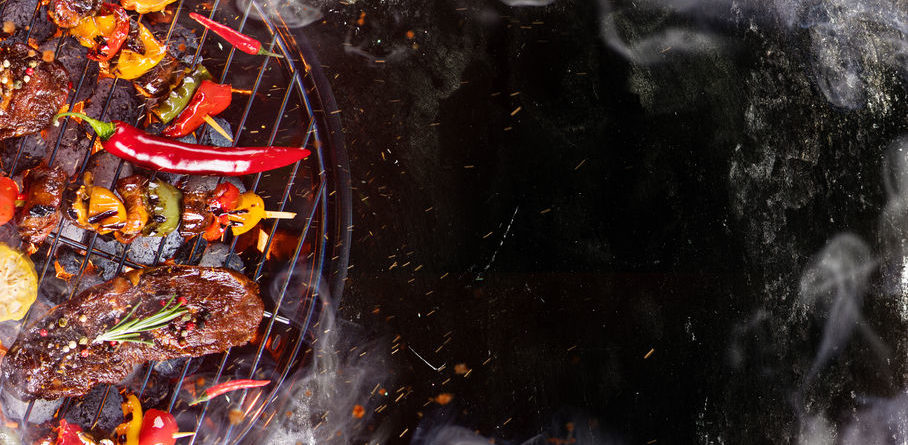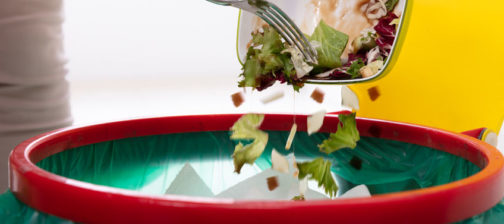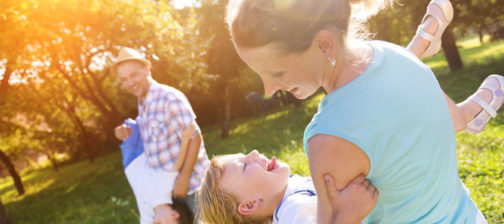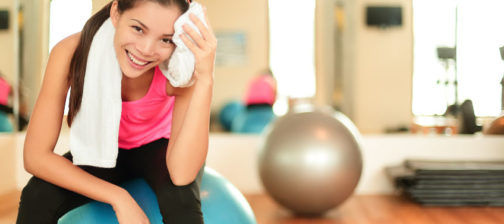Written By Julie Paiva, CHHC
Grilling is perfect for entertaining when the weather is hot and you want to keep it simple but need to feed a group of people. Whether you’re lighting up the gas grill for a quick weeknight dinner or tending to the coals with company on a Sunday afternoon, grilling can be fun and easy. Fire up the grill and get ready to make some delicious recipes.
Here are a few tips to make sure your summer cookouts are healthy and safe!
Keep direct exposure to a minimum.
When meat is exposed to high temperatures (especially over an open flame), it creates compounds called heterocyclic amines (HCAs) and polycyclic aromatic hydrocarbons (PCAs). These chemicals have been shown to be harmful. To reduce heat exposure, cut meat into smaller pieces that can be cooked quickly and flip meat frequently to avoid charring. Keep in mind, however, that undercooked meat can lead to foodborne illnesses, so be sure to cook thoroughly. Using a meat thermometer is a great way to make sure you’ve hit that perfect temperature.
Use a marinade.
Marinades can drastically reduce HCA formation. If you are buying a marinade be sure to read the ingredients carefully. Most commercial marinades have things in them that are not ideal for your body. Consider making your own marinade with high quality olive oil, vinegar and fresh or dried herbs.
Include vegetables.
Grilled veggies are easy to prepare and don’t produce HCAs or PCAs. Try grilled portabella, asparagus, zucchini, summer squash, eggplant, broccoli, cauliflower, or peppers.
Don’t cross-contaminate.
If you’re handling and grilling raw meat, be sure to disinfect any surfaces that may have been exposed. Once meat is cooked, it should be served on a new plate with clean utensils. Marinades that were in contact with raw meat should be thrown out, and anyone who touched the raw meat should wash their hands with warm water and soap.
Keep Cold Foods Cold.
Serve cold foods in small serving bowls and replenish the bowls as needed so that the rest of the food can be kept in a refrigerator or cooler. Placing the serving dishes in a large bowl of ice is another way to keep the food safe.
Refrigerate leftovers immediately.
Food left out in warm weather is at risk for developing illness-causing bacteria. If the temperature is 90 degrees or higher, food shouldn’t be left outside for very long. Dishes containing dairy, eggs, and/or meat are particularly at risk for developing bacteria quickly. If something has been left out too long, it may no longer be safe to eat. Rather than having to waste food, set an alarm for yourself so you remember to put the food away.
Marpe Wellness has lots of great recipes for grilling. Give some a try! They are sure to wow your family and have your neighbors wondering where that amazing smell is coming from.




